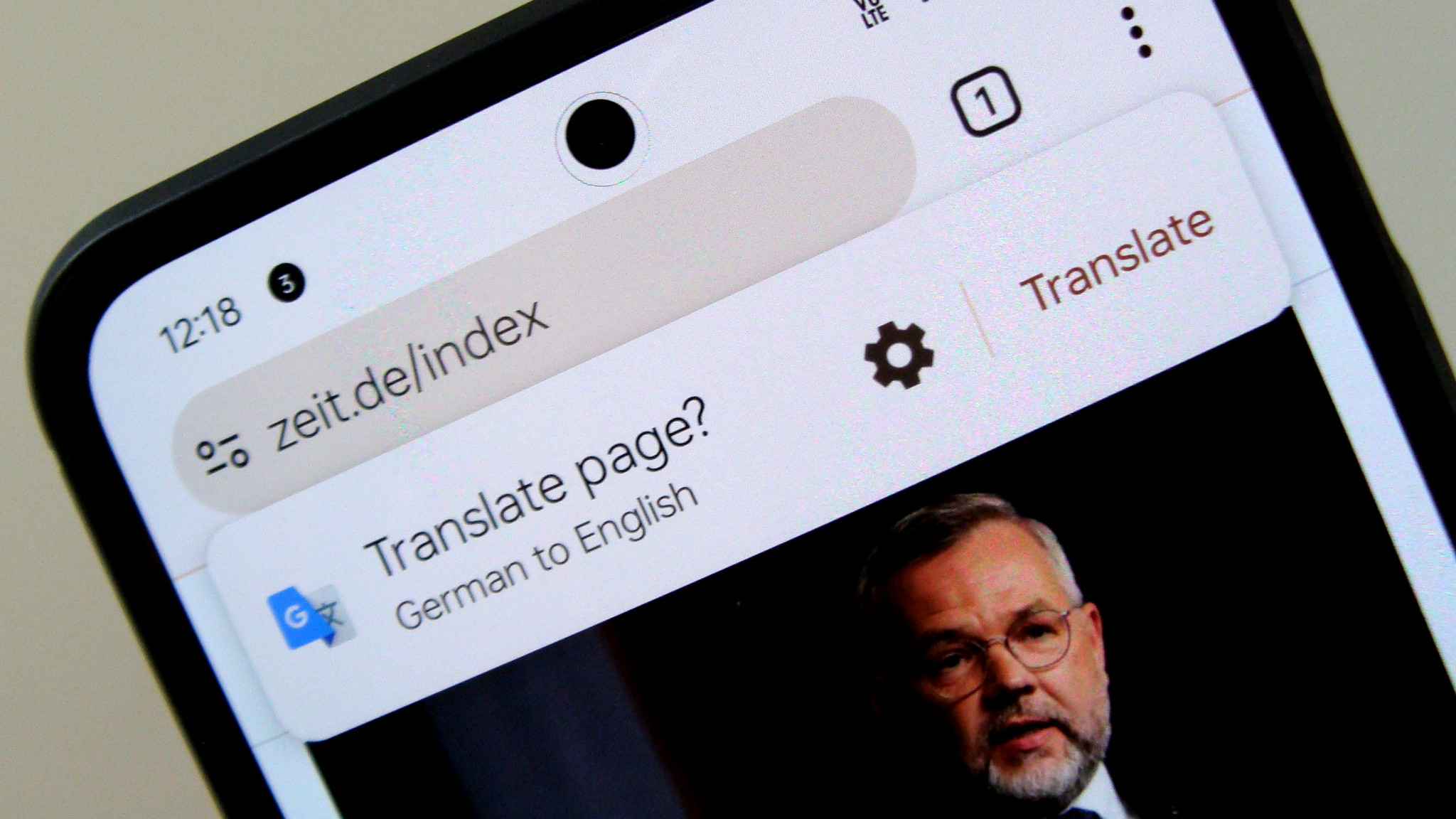EU court decision proves what we already knew: you're never going to be forgotten

The EU's top court decided today that Google should not be forced to remove links worldwide under the EU's right to be forgotten law. Under the law, a person can request that links to " inadequate or irrelevant information" be removed when a web search is performed on their name.
The case was heard because of a 2016 decision from France's CNIL in which Google was fined 100,000 Euro for refusing to remove search results globally when requested under the EU law. Google appealed the decision to France's higher court, which in turn looked to the European Council of Justice for advice.
French courts are not the arbiters of the rest of the world, and the EU agrees.
Today's decision means that citizens of the EU have the right to request removal of specific links returned for a search of their name (or even a news article about them), but Google only has to do so inside the EU. Which is the right call, and also one that really makes no difference because you can not scrub away something from the internet no matter how hard you try.
I'm all for anything that bolsters personal privacy, but once you've lost control of your information and it hits the internet, it's too late to do anything about it. And some things — for instance, one of the petitioners in the original case was convicted for sexual assaults against minors — were never private to begin with. Removing a link from a search engine doesn't remove the information, only easy access to it.
That's another area where an overreaching decision from the EU Council of Justice would have been a mistake: limiting easy access to information. Someone outside of the EU's jurisdiction should never be held to EU law, and a corporation with global presence should have the same benefit. What's good for France isn't necessarily good for everyone, everywhere no matter what any European courts have to say on the matter.
Many EU laws are great for privacy. Some are in place to make people feel good instead.
This is also a rare win for Google at a time when it seems like every court on both sides of the Atlantic are looking into its business practices and potential violations of public trust. While a fine of 100,000 euros is pocket change to Google, public perception is priceless, and a win in the courts goes a long way towards swaying it in Google's direction. While this will do little to influence any current investigations, a public that likes and trusts Google may just stave off any in the future. Every little bit helps, right?
Either way, if you want to be forgotten, moving to the EU is the first step. If you really want a bit more privacy though, you'll need to care about it now instead of later because the internet is forever.
Be an expert in 5 minutes
Get the latest news from Android Central, your trusted companion in the world of Android
Foldable phones, 5G, and how Corning's Gorilla Glass fits into all of it

Jerry is an amateur woodworker and struggling shade tree mechanic. There's nothing he can't take apart, but many things he can't reassemble. You'll find him writing and speaking his loud opinion on Android Central and occasionally on Threads.
